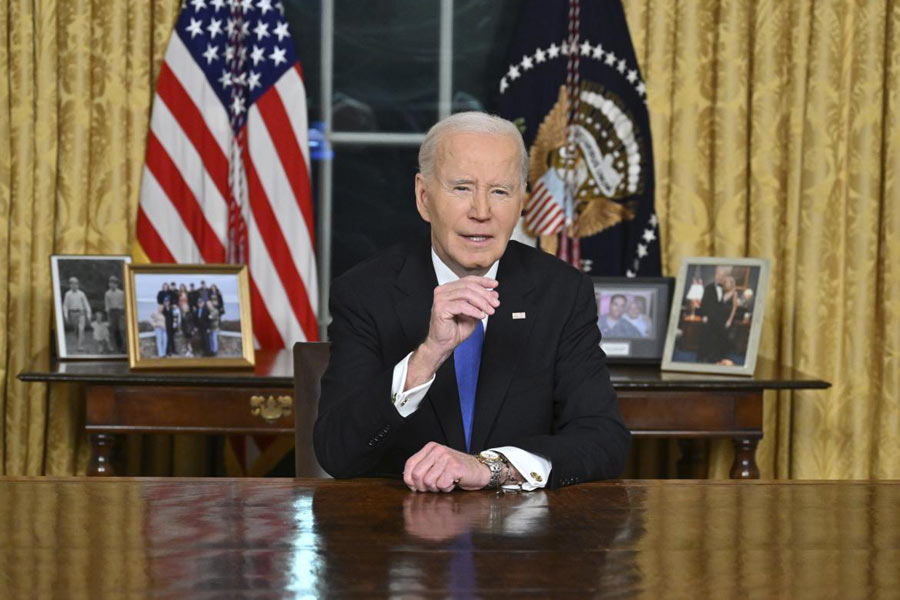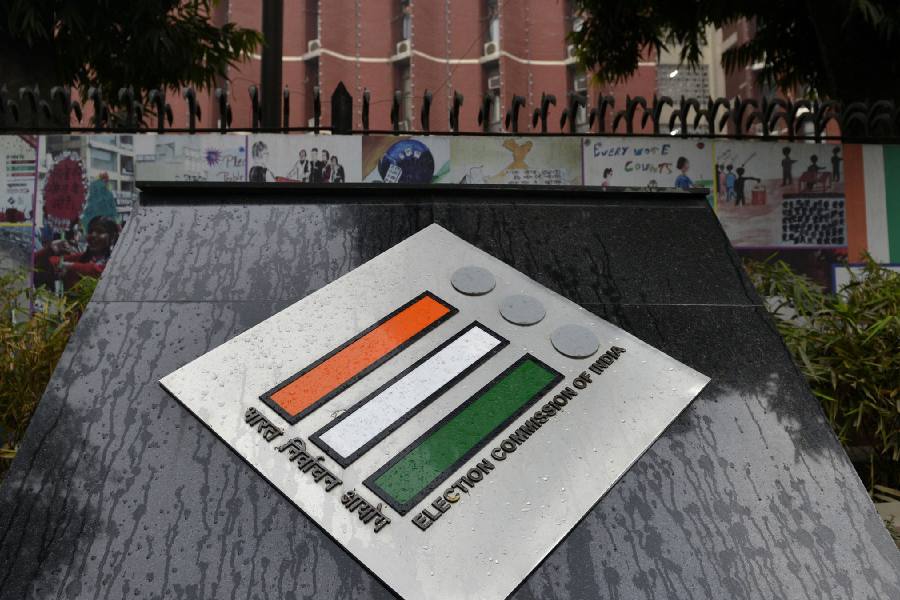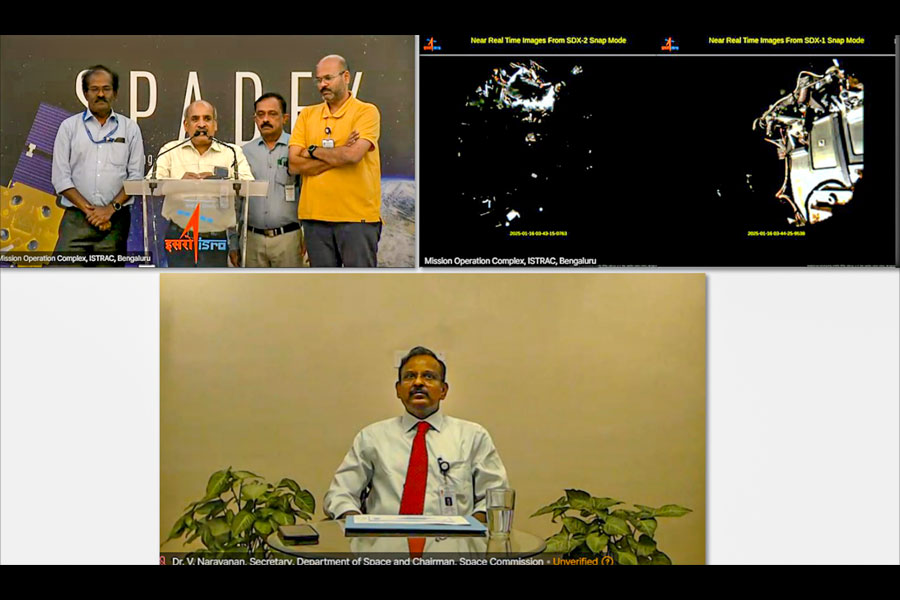It is imperative for celebrities and public figures to act responsibly while endorsing a consumer product as advertisers and endorsers are equally responsible for issuing misleading advertisements, the Supreme Court said on Tuesday.
Clamping down on misleading advertisements, the apex court directed that before an advertisement is permitted to be issued, a self-declaration be obtained from the advertisers on the line of the Cable Television Networks Rules, 1994.
Rule 7 of the 1994 rules deals with advertisement code and stipulates that advertisements carried in the cable service shall be designed to be in conformity with the laws and should not offend morality, decency and religious susceptibilities of the subscribers.
"We are of the opinion that advertisers, advertising agencies and endorsers are equally responsible for issuing false and misleading advertisements," a bench of Justices Hima Kohli and Ahsanuddin Amanullah said.
"Endorsements by celebrities, influencers and public figures go a long way in promoting products and it is imperative for them to act with responsibility while endorsing any product in the course of advertisement and taking responsibility for the same…," the bench observed.
The top court said the ministries concerned need to set up a specific procedure which will encourage consumers to lodge complaints regarding misleading advertisements and the complaints be taken to their logical conclusion.
It said self-declarations by advertisers shall be uploaded on the 'Broadcast Seva' portal which runs under the aegis of the Ministry of Information and Broadcasting.
Regarding advertisements in the print media, the bench said the ministry shall create a portal within four weeks and advertisers shall file self-declaration before issuing any advertisements.
The bench said the proof of filing self-declaration has to be made available by the advertiser to the broadcaster or publisher.
It also asked the health ministry to file an affidavit regarding complaints received from 2018 onwards by the Food Safety and Standards Authority of India on misleading advertisements concerning food products and also details of action taken or proposed to be taken on them.
The bench referred to the Central Consumer Protection Authority guidelines including those related to children-targeted advertisements and duties of the manufacturer, service provider, advertiser and advertising agency.
It also perused the affidavits filed by the ministries of Ayush, consumer affairs and information and broadcasting.
During the hearing, the bench questioned the Centre over an August 29, 2023 letter by the Ministry of Ayush asking the licensing authorities not to initiate or take any action under rule 170 of Drugs and Cosmetics Rules, 1945.
"How can you say that don't implement a law till it is a good law?" the bench asked, adding, "It is glaring".
The bench told Additional Solicitor General K M Nataraj that the ministry shall "forthwith" withdraw the August 29 last year letter.
Referring to the affidavit filed by the ministry of information and broadcasting, the bench said it has given data about the action taken on complaints received against TV channels since 2018 till May 3 this year.
"A summary of action taken against broadcasters for violation of advertising code since 2018 shows a dismal picture," it said.
During the hearing, the bench observed there should be a proper and effective procedure for consumers to lodge their complaints regarding misleading advertisements.
"When we say consumer is king.. what if the consumer becomes simply a complainant and does not know what is happening to his complaint?" the bench asked.
Observing that it is looking at the matter with a point of view of the consumer, the bench said if there is a system in place, it should work effectively.
The bench observed advertisement is a "paid commercial venture" and has nothing to do with the freedom of press.
"You can't mute the press. At the same time, there has to be a balance," it said.
The bench also asked the counsel for the states and Union Territories to file affidavits of the relevant licensing authority regarding action taken by them in respect of misleading advertisements published or displayed which run contrary to the Drug and Magic Remedies (Objectionable Advertisements) Act, 1954 and rules, the Drug and Cosmetics Act, 1940 and the Consumer Protection Act, 1986.
The Uttarakhand State Licensing Authority (SLA) had earlier told the top court that manufacturing licenses of 14 products of Patanjali Ayurved Ltd and Divya Pharmacy have been suspended with immediate effect.
During the hearing on Tuesday, the bench asked the counsel appearing for Patanjali as to what they have done to withdraw the advertisements of these products.
The bench said advertisements of these products were still available on the internet, websites and channels.
"By the next date of hearing, we will come with complete plan," the counsel said.
The bench has posted the matter for further hearing on May 14.
The apex court is hearing a plea filed in 2022 by the Indian Medical Association alleging a smear campaign by Patanjali and yoga guru Ramdev against the Covid vaccination drive and modern systems of medicine.
Except for the headline, this story has not been edited by The Telegraph Online staff and has been published from a syndicated feed.










